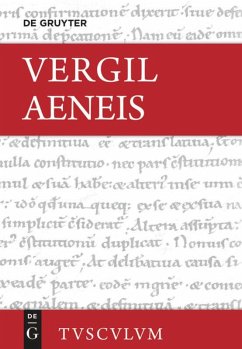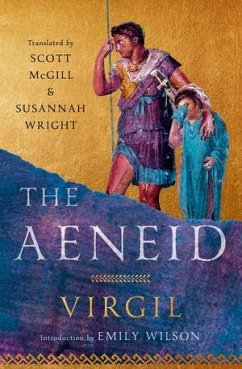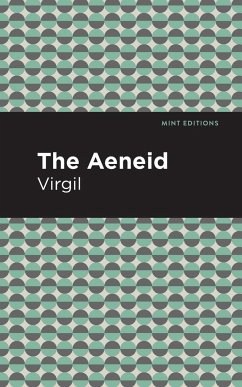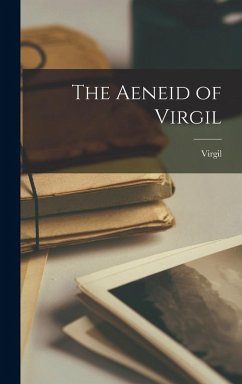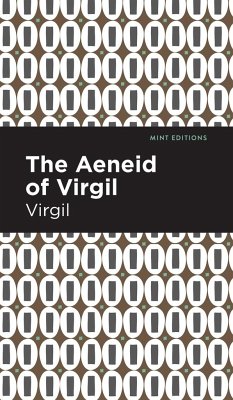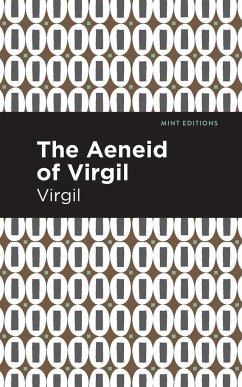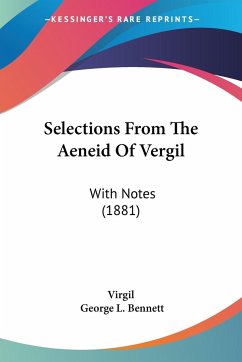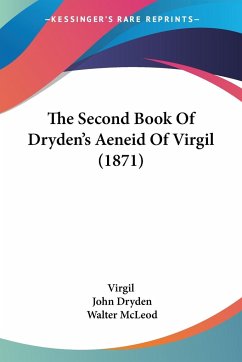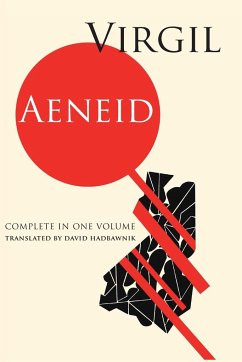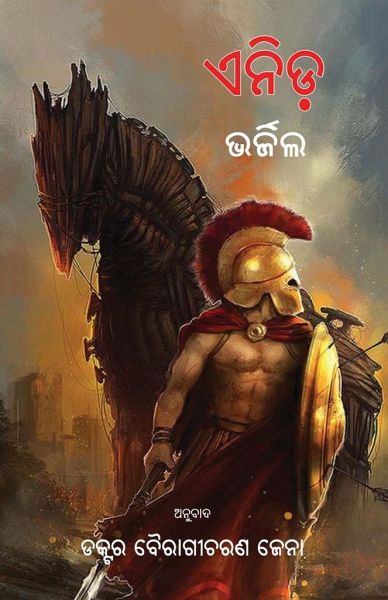
Aeneid
Versandkostenfrei!
Versandfertig in 1-2 Wochen
21,99 €
inkl. MwSt.

PAYBACK Punkte
11 °P sammeln!
The Aeneid by the Roman poet Virgil (70 BC-19 BC) is a classic epic tale of Aeneas, a Trojan prince, about his adventurous journey and struggle to establish a new realm across the sea in Italy from the ashes of Troy. This epic by Virgil has depicted Aeneas as the embodiment of Roman virtues, a dutiful servant of fate and of the gods, an exemplary leader of the people, a devoted father and a son who had kept the interest of the country over his personal goals. The translation of this epic to Odia language by Professor Bairagi Charan Jena, has preserved the meaning and connotations of the origin...
The Aeneid by the Roman poet Virgil (70 BC-19 BC) is a classic epic tale of Aeneas, a Trojan prince, about his adventurous journey and struggle to establish a new realm across the sea in Italy from the ashes of Troy. This epic by Virgil has depicted Aeneas as the embodiment of Roman virtues, a dutiful servant of fate and of the gods, an exemplary leader of the people, a devoted father and a son who had kept the interest of the country over his personal goals. The translation of this epic to Odia language by Professor Bairagi Charan Jena, has preserved the meaning and connotations of the original Latin poem of Virgil within the constraints of grammatical structure of Odia language. This book is intended for use by people with literary aptitudes, students and researchers.





